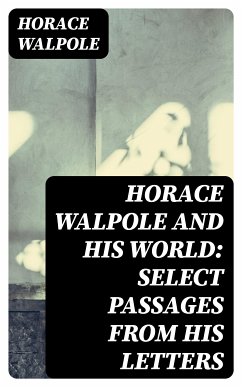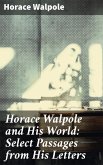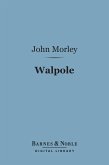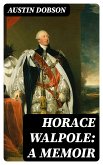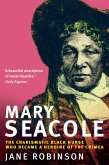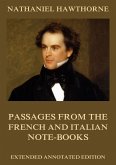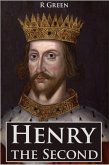In "Horace Walpole and His World: Select Passages from His Letters," readers are invited into the intricate tapestry of 18th-century British society through Walpole's keen observations and witticisms. This collection showcases the epistolary style for which Walpole is renowned, blending conversational rhetoric with erudition and a flair for the anecdotal. The letters, rich in their historical, political, and social commentary, reflect the preoccupations of Walpole's time, offering insights into the Gothic imagination that he famously popularized, as well as the cultural milieu that nurtured both his literary and artistic endeavors. Horace Walpole, the son of the first Prime Minister of Great Britain, was not only a politician but also an influential writer, collector, and art enthusiast. His intimate correspondence reveals the mind of a multifaceted thinker, shaped by his aristocratic upbringing and a deep curiosity for the arts and their capacity to reflect society. His experiences in the tumult of the Enlightenment and his founding of the Strawberry Hill Gothic revival can be traced in the layered narratives contained within these letters. This book is highly recommended for anyone seeking a nuanced understanding of Walpole's life and the cultural currents of his era. Scholars, historians, and avid readers will find delight in his sharp wit and vivid storytelling, making this collection a valuable addition to the library of those captivated by the intersections of literature, art, and society.
Dieser Download kann aus rechtlichen Gründen nur mit Rechnungsadresse in A, B, BG, CY, CZ, D, DK, EW, E, FIN, F, GR, H, IRL, I, LT, L, LR, M, NL, PL, P, R, S, SLO, SK ausgeliefert werden.

